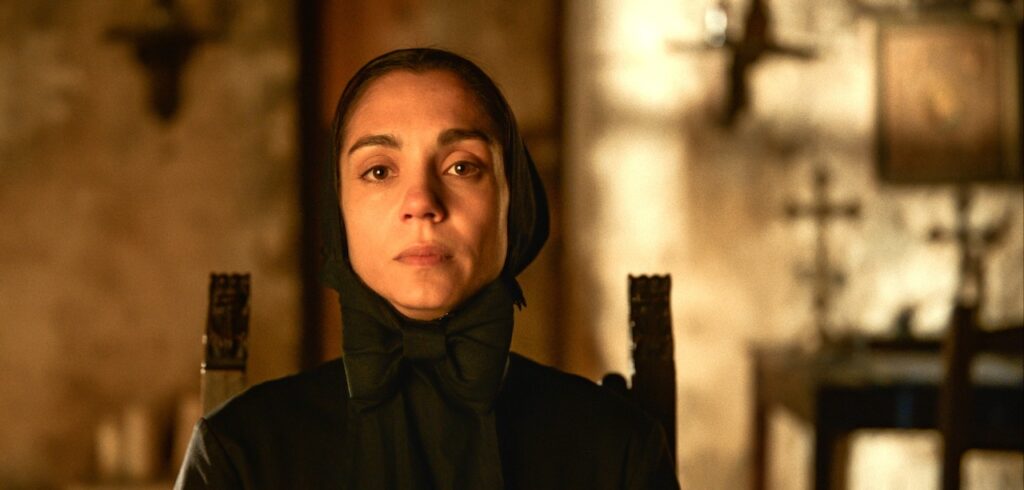On March 8 of this year, a film titled “Cabrini” was released; that day is also International Women’s Day. The film is the story of an extraordinary woman, an immigrant to the United States, an advocate for the poor and a saint.
It is never easy to capture the real character of historical figures. This movie does an extraordinary job in bringing to the public the life and character of this extraordinary woman. Many movies about saints tend only to capture a few historical points and concentrate on the sanctity of the person.
This movie, however, has been able to allow the general public to not only understand the character of St. Frances Xavier Cabrini, but to also understand her sanctity. She surely responded to the Lord’s commandment to help the stranger.
The key to understanding the movie is the childhood of Frances Cabrini when this sickly girl almost drowned. One day, as she was floating a paper boat in a stream near her home, she fell into the water. Although she was rescued from the freezing water, she maintained a fear of water.
And yet, because of her sanctity, she overcame this fear by crossing the Atlantic more than 60 times during her lifetime. Her motto was, “I can do all this through Him who gives me strength,” which is taken from St. Paul’s epistle.
The movie, in my estimation, is a dramatization of the life of Frances Cabrini and not a strict historical biography. Almost all the events portrayed really did happen, but at the beginning of the last century. The exact context is difficult to retrace. What the movie does is give us an insight into the life and work of one to understand the immigrant nature of our country.
This view of America is very important for us today as we deal with the current immigrant situation. Our nation’s response will define us as a country in the future. Cabrini’s love for all people was clear as she served not only the Italian immigrants, but all who came into her orbit of care.
The movie was a long time in the making. The idea surfaced more than 10 years ago in the mind and heart of Eustace Wolfington who came to know the life of Mother Cabrini through a Cabrini Sister who wrote a critical historical biography about her.
After several starts, during the past three years a concerted effort has been made to find the best director in the person of Alejandro Monteverde, a Mexican national whose talents Wolfington recognized. I, myself, was one of the readers of the first four scripts trying to give historical concreteness and insight into her character.
As is Wolfington, I am a devotee of Mother Cabrini for many reasons. I was the pastor of a parish in which she worked in Newark. In the beginning of the ’70s, when I was a transitional deacon, there were some people still alive who had been catechized by Mother Cabrini in the early part of the 20th century. They recounted with joy and precision the character of that woman who loved them so much.
In my own work with immigrants, Mother Cabrini has always been an inspiration to me and gave me the intercessory help I needed to continue the migrant apostolate. I heartily recommend this movie.
Pope Francis, an immigrant advocate, has seen a version of the movie and seemed to be pleased with what he saw. This film is an extraordinary production and a tribute to a saint that gives us inspiration and challenge to confront present-day anti-immigrant attitudes.

